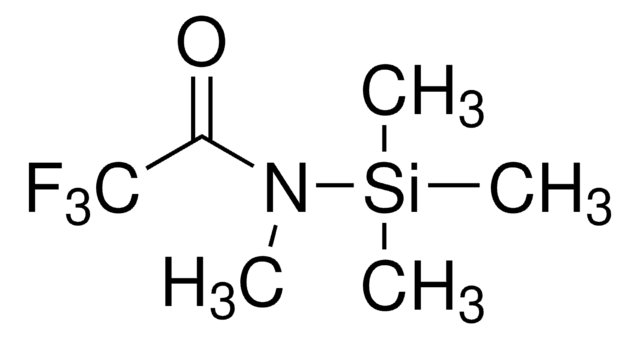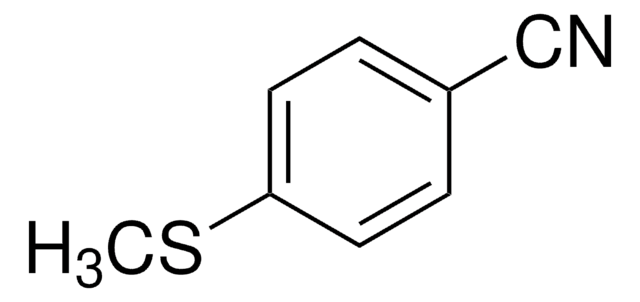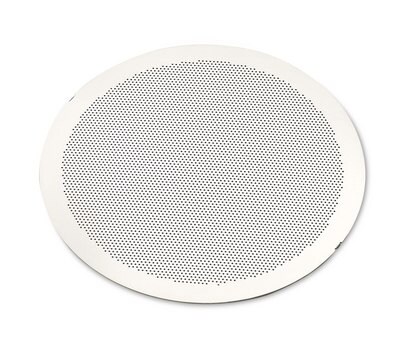OGS3157
PSF-OXB20-NH2-PELB - PELB SECRETION PLASMID
plasmid vector for molecular cloning
Synonym(e):
cloning vector, expression vector, molecular cloning vector, plasmid, plasmid vector, snapfast vector, vector
About This Item
Empfohlene Produkte
Rekombinant
expressed in E. coli
Form
buffered aqueous solution
Mol-Gew.
size 3914 bp
Bakterienauswahl
kanamycin
Replikationsursprung
pUC (500 copies)
Peptidspaltung
no cleavage
Lage der Peptid-Tags
N-terminal
Promoter
Promoter name: OXB20
Promoter activity: constitutive
Promoter type: bacterial
Reportergen
none
Sekretionssignal
PelB
Versandbedingung
ambient
Lagertemp.
−20°C
Allgemeine Beschreibung
About the Peptide Tag:This plasmid contains an Pectate Lyase B (PelB) secretory signal peptide (SP) to allow proteins to be exported from the cytosol. During translocation from the cytosol the signal peptide is removed from the protein by endogenous proteases.
Promoter Expression Level: This plasmid contains a constitutive bacterial promoter that does not require induction. It is the strongest bacterial promoter we sell and this can cause solubility and expression problems with some proteins. We also offer a range of other bacterial promoters that are compatible with this plasmid and are available on request.
Sequenz
Hinweis zur Analyse
Ähnliches Produkt
Lagerklassenschlüssel
12 - Non Combustible Liquids
Flammpunkt (°F)
Not applicable
Flammpunkt (°C)
Not applicable
Analysenzertifikate (COA)
Suchen Sie nach Analysenzertifikate (COA), indem Sie die Lot-/Chargennummer des Produkts eingeben. Lot- und Chargennummern sind auf dem Produktetikett hinter den Wörtern ‘Lot’ oder ‘Batch’ (Lot oder Charge) zu finden.
Besitzen Sie dieses Produkt bereits?
In der Dokumentenbibliothek finden Sie die Dokumentation zu den Produkten, die Sie kürzlich erworben haben.
Unser Team von Wissenschaftlern verfügt über Erfahrung in allen Forschungsbereichen einschließlich Life Science, Materialwissenschaften, chemischer Synthese, Chromatographie, Analytik und vielen mehr..
Setzen Sie sich mit dem technischen Dienst in Verbindung.








